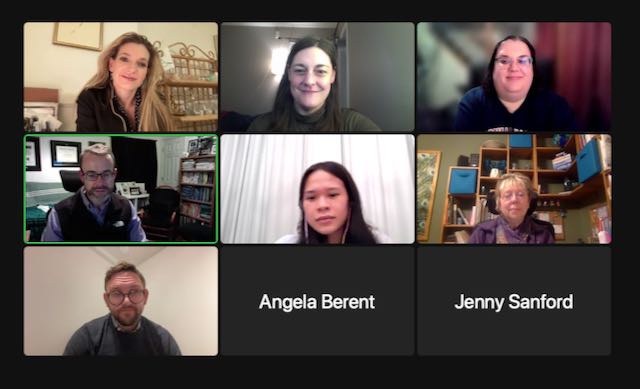
As part of the Chippewa River Writing Project’s on-going book club discussions, we were pleased to welcome fellow Michigan educator and Lake Michigan Writing Project teacher consultant — as well as best-selling author and international speaker — Dave Stuart Jr. Stuart joined book club members to discuss ideas from his book These 6 Things: How to Focus Your Teaching on What Matters Most, which was the fall 2022 selection for the club. CRWP teachers prepared a number of questions for Stuart, who began by talking about the idea of his “Everest” for the year. Stuart describes his “Everest” idea in the book by inviting teachers to consider their highest goal for their classrooms saying “[t]he better, saner teaching life starts with a personally crafted, well articulated, highest-level objective” (3). In short, your Everest is the overall goal you have for your students each year. It should be simple and straightforward, but also ambitious, just as having a goal of climbing Mount Everest would be. Teachers in the club shared some of their Everests for the year and discussed how often our Everest doesn’t change significantly from year to year and seeks to address what our students will need to be successful in their individual lives.
Stuart notes that he is committed to making moves in the classroom that will add to students’ “long term flourishing.” Throughout the book, Stuart focuses on six priorities teachers should focus on to begin sending students on the path to long term flourishing. Many of us in attendance expressed feeling overwhelmed by current teaching workloads and what the experience of cognitive overload can look like specifically for teachers. Luckily, Stuart gave us “permission to simplify” in the very first chapter and makes recommendations throughout his book on exactly how to go about this. Stuart continued to emphasize this idea in our discussion and urged teachers to “satisfice” the many teaching demands that don’t directly benefit students. Stuart borrows the term satisifice from Nobel Laureate Herbert Simon and notes that in his use of the word he is “satisfying the requirements of a task while sacrificing the optimal levels of completing that task.”
Stuart and the CRWP book club members discussed how to use Stuart’s strategies for increasing speaking and listening opportunities in the classroom, including the Pop-Up Debate— a frequent activity in Stuart’s classroom where students are required to publicly speak on a given topic. The pop-up debate is not a traditional debate, but rather a format for classroom discussion that requires ALL students to speak and add something–whether question or comment–to the discussion.
Discussion also involved capitalizing on opportunities for public speaking to practice active listening both in preparing for the discussion and in furthering the discussion. Stuart emphasized that in order to be good participants of any discussion, students need to first read widely on the topic. Stuart notes that this is key to leading a good pop up debate, but that the preparation should be kept simple for teachers. Providing students with a few articles to read and the time to read and annotate those articles as well as access to multimedia texts like news clips or portions of podcasts or radio shows can be enough. Many members noted that they had tried these pop up debates in their classrooms with success. Students were able to contribute to more meaningful classroom discussions and students who were resistant to participating began increasing their responses when time was taken to “demystify” public speaking hang ups and provide students with the background knowledge needed.
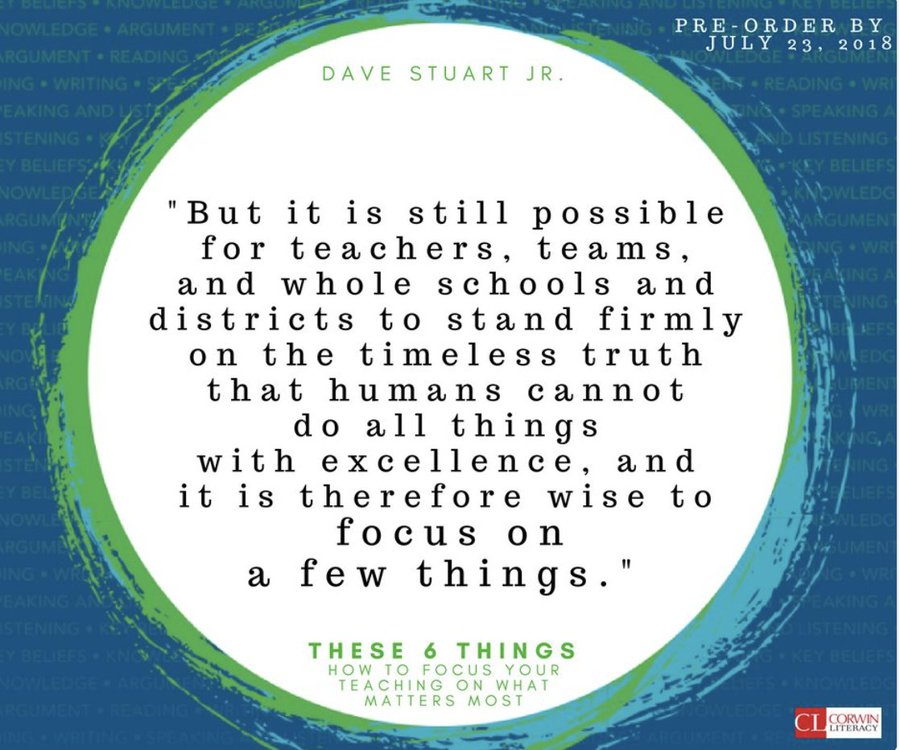
Discussion ended with questions about where we go from here and whether the education system will ever be the sort of system that creates conditions for long term flourishing. Stuart empowered teachers by reminding them that our careers and what we’re doing in our individual classrooms can still be meaningful and important when we learn to “satisifice” duties that may be mandatory but aren’t direct contributors to our students’ long term flourishing. As we move into the end of the 2022-2023 school year, we invite all teachers to take Dave’s words to heart and focus more on our students’ long term flourishing while satisficing the tasks that don’t lend themselves to that goal. The CRWP book club would like to thank Dave Stuart Jr. so much for his time and for These Six Things which has helped us all tremendously to navigate the challenges of the 2022-2023 school year! Be sure to check out Stuart’s latest book The Will To Learn and watch for more from the CRWP book club!
Would you like to join the CRWP book club? Contact Megan Kowalski for more info or to be added to this spring’s discussion of From Burnt Out to Fired Up by Morgane Michael. The club meets every other Wednesday via Zoom.
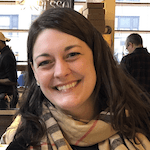
Megan Kowalski
Megan Kowalski is a Chicago Public Schools teacher and a 2009 participant in the CRWP Summer Institute. She teaches 6th-8th grade reading and math to students with disabilities, where she enjoys sharing her passion for reading and writing with middle school students.
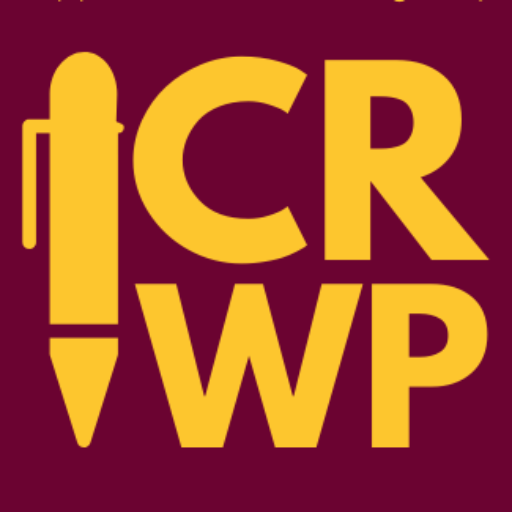
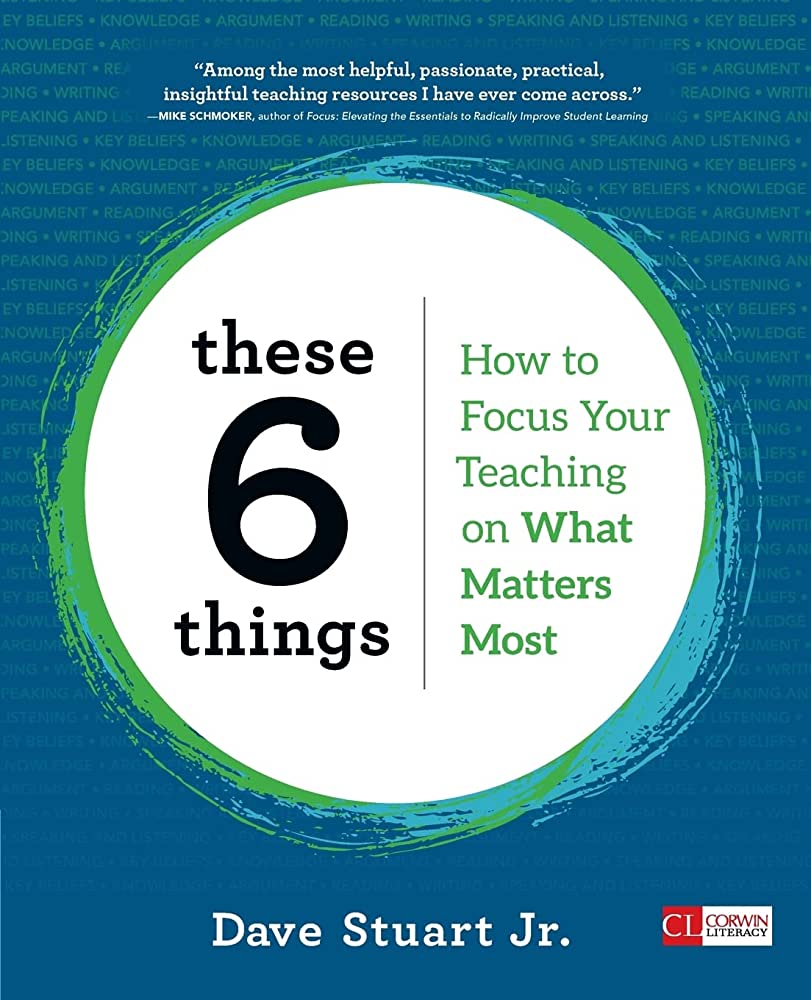
Leave a Reply
You must be logged in to post a comment.